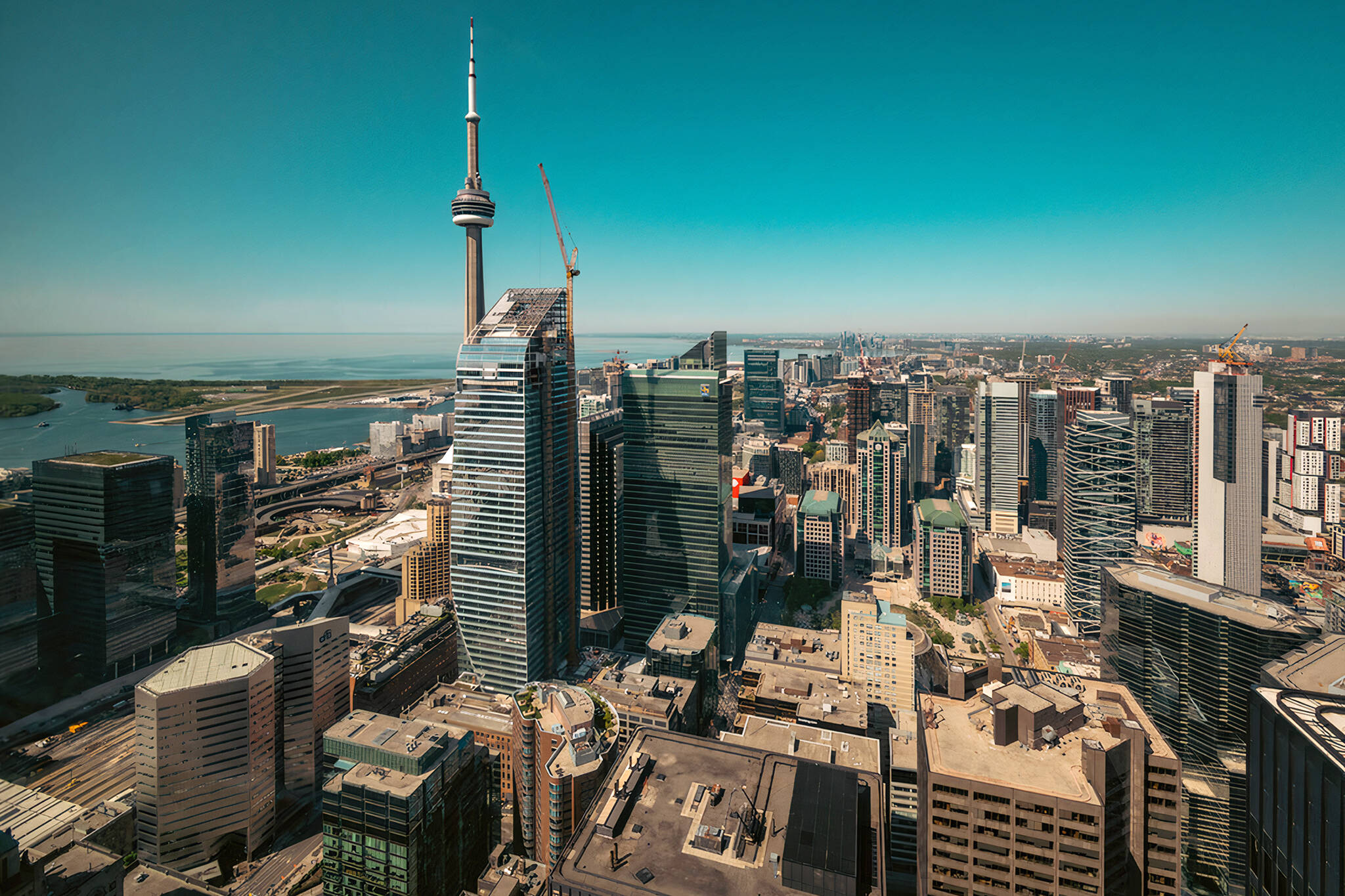
The amount that investors have been making and losing on Toronto condos may shock you
Some interesting new data on Toronto's condo market is shedding light on how speculative real estate investment in the city may be in for a change, as rising new condo prices paired with higher interest rates may scare some away from what used to be perceived as a sure moneymaker.
The 2023 GTA Condo Investment Report from Urbanation and CIBC Economics offers, like many new industry outlooks, encouragement about a stabilizing market in which power is shifting toward sellers once more as demand increases and the number of new listings fails to keep up.
According to the analysis released on Monday, the average number of days that a condo in the region is sitting on the market is falling, while bidding wars are becoming more common, mostly driven by the resale condo market.
But, when it comes to the new condo market — which is where investors are known to jump in to make a quick buck between presale and the end of construction, or simply to sit on and rent out for a profit — the experts at the Toronto firm are pointing out that things are heading in a more surprising direction.
"For the first time in 2022, less than half (48 per cent) of leveraged condo investors were cash flow positive, meaning that for the majority, the rent that was generated by newly completed units was lower than mortgage costs (with a typical 20 per cent down payment), condo fees and property taxes," the report reads.
"This marks a meaningful shift that may potentially signal that a change in investor behavior is on the horizon."
I have no pity for the people who rushed to buy as the bubble inflated last year. It was unsustainable and had to collapse. I’ve seen it before.
— 🇨🇦 6x💉 😷🚶🏼♂️ 🚴🏼♂️ 🏳️🌈 #BringBackMasks (@iankirkland) May 29, 2023
While it's apparent based on the response on social media that no one in the city feels bad for potentially wealthy investors that are partially at fault for unaffordable housing prices in the city, the numbers may come as a shock to some: in 2020, most landlords of new condos were making only $63 per month from rent payments after mortgage and condo fees.
This dropped to a loss of $223 per month, on average, in 2022, and to an even worse $400 in the first quarter of 2023 based on average rent prices minus average mortgage and condo fees based on average condo prices and interest rates after a 20 per cent down payment.
It is noteworthy that all of this only applies to the three-quarters of investors who do have a mortgage and rent out their units, as one quarter do not have a mortgage.
It is also worth noting that 14 per cent of investors are losing $1,000 or more per month.
Why should we feel sorry for these investors.
— Freakazoid! (@FreakazoidReal) May 29, 2023
These investors/speculators are a major reason why your city’s real estate has gone to the stratosphere.
Get rid of the investors/speculators and prices will drop.
As the report outlines, "positive cash flow was still being achieved for most newly completed condos back in 2021 even with a lack of rent growth that year, as lower interest rates resulted in reduced monthly mortgage payments."
"While the rental market recovered and rents reached new highs in 2022, that growth was more than offset by rising mortgage costs as interest rates soared, resulting in the average investor of newly completed condos experiencing negative cash flow for the first time."
Urbanation calls this a "substantial" shift in cash flow that may cause investors to shorten their time holding a unit and/or think twice about investing in the Toronto area, and notes that 59 per cent of condos built in the last five years are used as rentals as of 2021 (compared to 37 per cent in 2011).
Resale market condos have only been cash flow positive for leveraged investors 18 to 20 per cent of the time.
Housing should be a human right, not a speculative asset class.
— Shevek of Annares (@ShevekAnnares) May 29, 2023
Headlines today suggest that this will spell bad news for renters, as it will mean a slowdown of new builds as investor interest wanes.
"Relying on condo investors to drive 90 per cent of your rental supply, as we’re finding out, is not a good strategy for developing rental housing in the GTA," Urbanation's president told the Star.
Lots of people with no money cheering on the fact that other people are losing borrowed money.
— Kevin Sinclair (@kevinsinclairsk) May 29, 2023
Regardless, many online are glad to see even a slight downfall of investor-landlords, and some argue that this will simply mean investors re-selling their units at lower prices to new landlords who will thus charge less for rent.
Looking ahead, Urbanation states that "a lot depends on the outlook for prices, the credit environment, and the financial wherewithal of investors," meaning how much they have in savings to put as a down payment or float cash flow negative months.
"Condo investors also appear to be adjusting their purchases by shifting into lower priced markets where positive cash flow is more attainable," the report notes.
Even if bought by other investors, at lower prices, they would be rented back out at a better price as the new landlord has better margins.
— Syasirah (@YasirAhmed7) May 29, 2023
Other takeaways from the report include the fact that new listings in the condo resale market have decreased to a level not seen since the 1991 recession (if the pandemic lull is taken out of consideration), and that the share of condos selling for more than $1 million dollars has fallen from 60 per cent last year to 40 per cent this year.
Latest Videos
Latest Videos
Join the conversation Load comments







